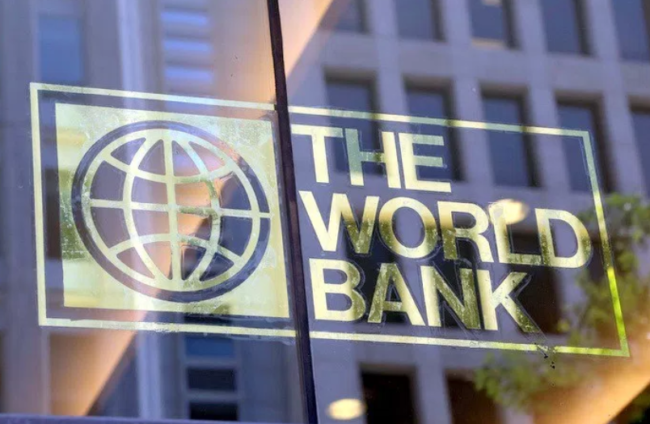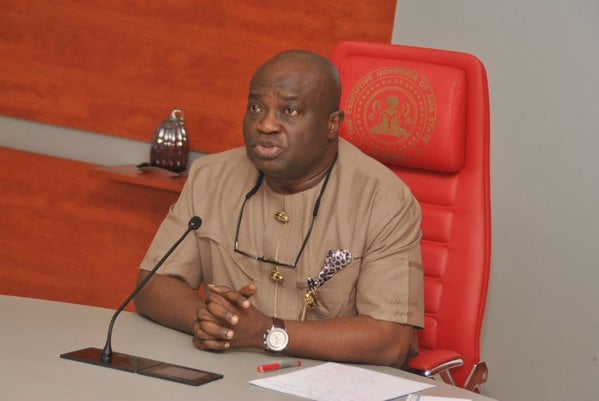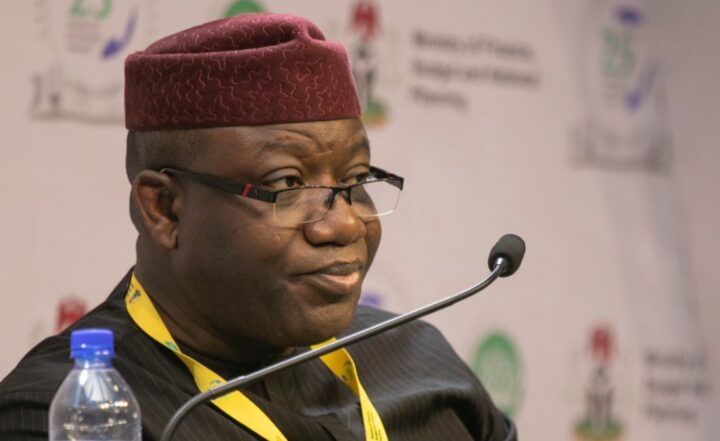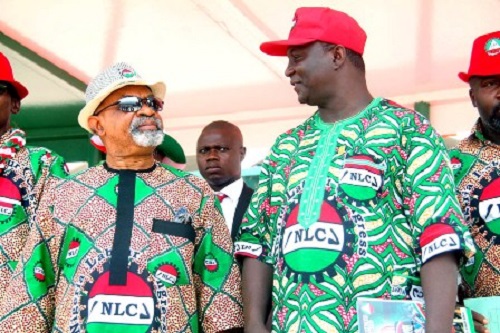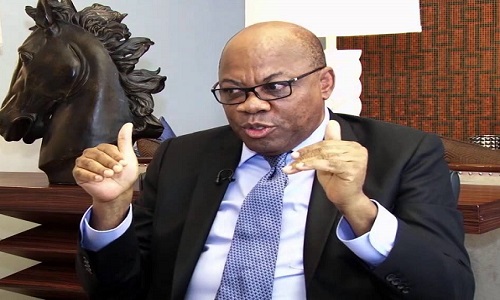The World Bank has projected that the number of poor people in Nigeria will increase by 20 million by 2022.
Gloria Joseph-Raji, World Bank senior economist, was speaking on Tuesday at the launch of a 2021 macroeconomic outlook report by the Nigeria Economic Summit Group (NESG).
Quoting the monthly COVID-19 impact survey carried out by the National Bureau of Statistics, Joseph-Raji said most households have remained in an economically precarious situation despite the pick up in economic activities after the lockdown was lifted.
A 2020 report released by the NBS showed that 82.9 million Nigerians were living in poverty in 2019.
Advertisement
“The pace of recovery is highly uncertain. We actually consider Nigeria right now to be at a critical junction in the sense that the achievement of its development goal of lifting 100 million people out of poverty by 2030 was already challenging even before COVID-19 struck, and then COVID-19 has made this even more challenging and more urgent,” she said.
“So, with slower growth and fewer jobs, and then coupled with high inflation, our estimates are that the number of the poor will increase by about 15 to 20 million people by 2022 from the about 83 million people in 2019. And the 2019 numbers are from the Nigeria Living Standards Survey of 2018/2019.”
In his remarks, Asue Igohdalo, NESG chairman, said Nigeria needs to create innovative economic ideas that can spur growth and prosperity.
Advertisement
“Nigeria is at a crossroads and cannot afford the business-as-usual approach which will only lead to further job losses, pull millions of citizens into poverty and worsen an already fragile economy,” he said.
“Promoting non-oil exports will become imperative if Nigeria is to benefit maximally from AfCFTA.
“Unlike developed countries where economic performance was adversely affected by lockdowns rather than commodity prices, the recovery of the Nigerian economy will hinge not only on easing lockdowns but also on the performance and the health of the global oil market.”
Presenting scenarios for the Nigerian economy, the NESG said the country will exit recession with a gross domestic product growth rate of 2.9 percent in the event of a rapid increase in oil price (above $50 per annum).
Advertisement
“We anticipate that the economy will become strong and resilient in 2025 by posting a 7.5 per cent growth.
“Other key indicators are expected to show up positive signs, such as inflation rate nearing a single digit by 2025, a steady decline in the rates of unemployment and underemployment, and a rapid increase in government revenue over the next couple of years,” he said.
“Premised on the assumptions of a sharp fall in oil prices (below the 2021 budget benchmark of $40 per barrel) due to the rapid spread of the new strain of COVID-19, a shortfall in domestic oil production and a decline in capital expenditure, we expect the Nigerian economy to remain in recession until 2022.
“Afterwards, the economy is expected to recover with less than two per cent growth rate per annum.
Advertisement
“We also expect other key economic fundamentals to perform poorly, such as inflation maintaining a double-digit per annum, a huge decline in government revenue growth, as well as very high rates of unemployment and underemployment.”
Advertisement
Add a comment

